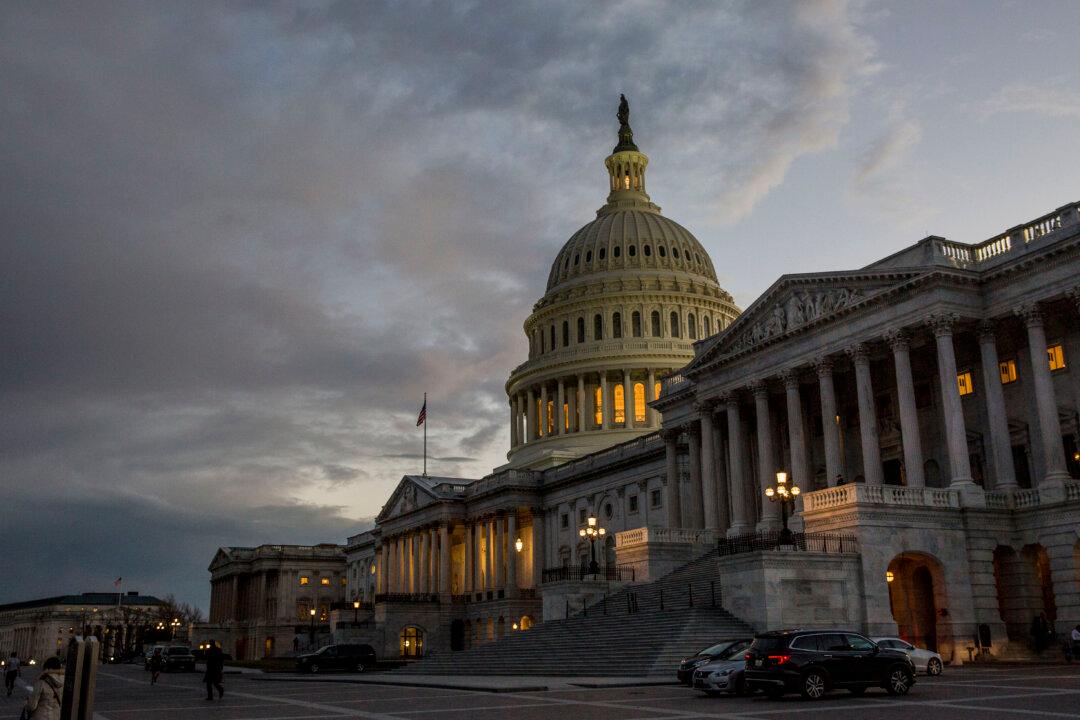In a nearly unanimous vote, the Senate approved a bill to address the epidemic of opioid addiction that’s sweeping the United States.
The legislation, known as the Opioid Crisis Response Act of 2018, authorizes some $5 billion over five years to fight the addiction crisis.





